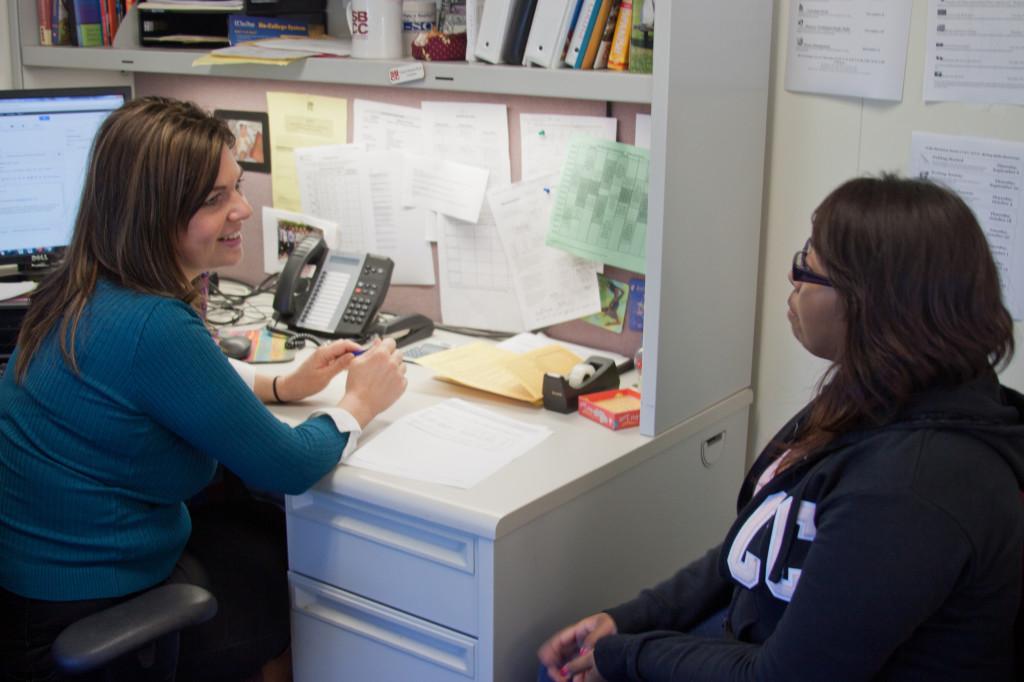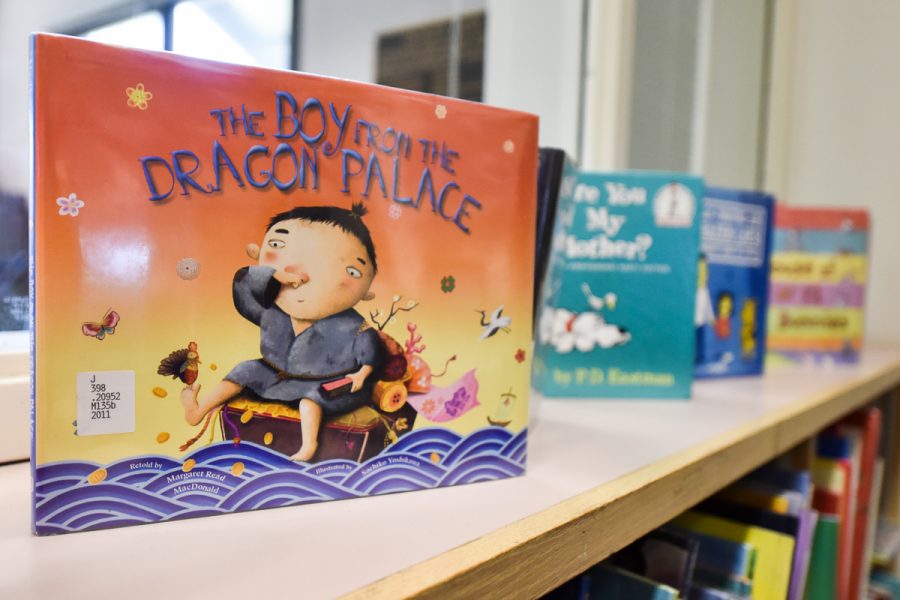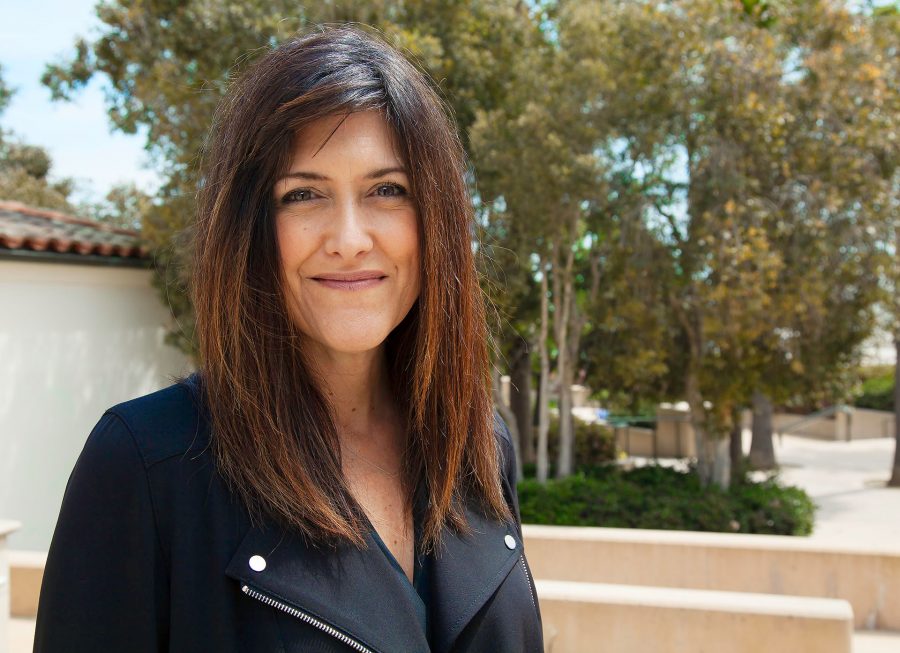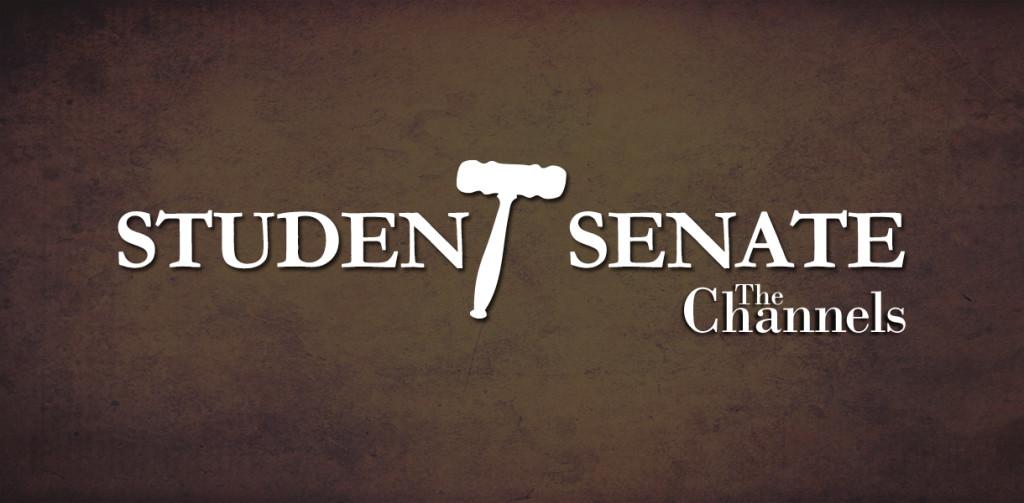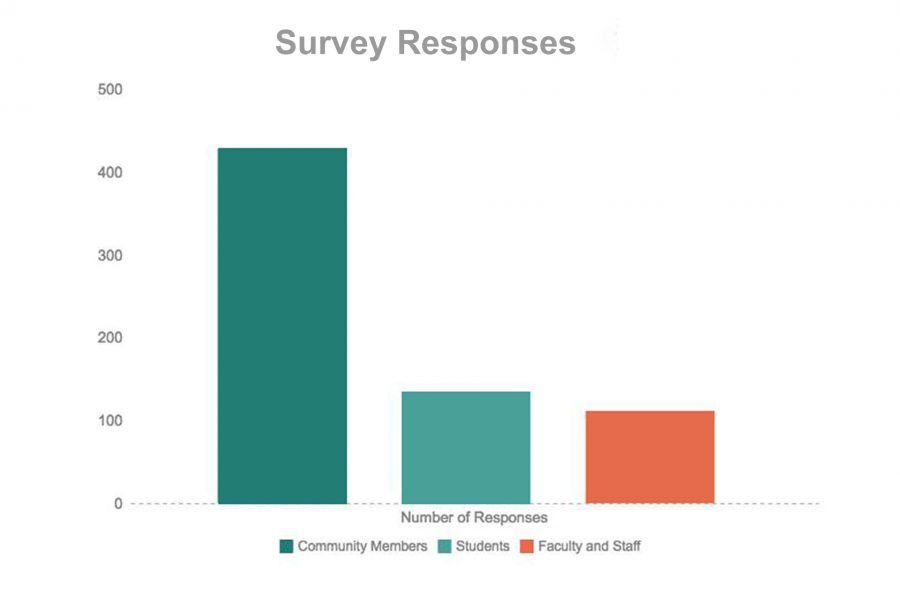Within one year, the Express to Success Program has surpassed its goal, bringing hundreds of Hispanic and low-income students to standard college levels in English and Math.
The program forms learning communities that combine selected courses for groups of students so they complete one year’s worth of English or Math in a semester. The outcome has been positive, with the program winning the Chancellor’s Award for Best Practices in Student Equity.
“Even though we’ve twice in a row now been named a top-ten-community-college in the nation, we say, ‘that’s great but not enough.’ We always want to do better,” said Jack Friedlander, vice president of educational programs. “This is our effort in part to do better.”
According to the program’s summary results, all Express to Success students, especially Latino ones, achieved higher success rates than students in comparable English and math courses in fall and spring semesters.
“I was skeptical, you know, two math classes in one semester. I was afraid of failing,” said Cindy Gonzales, a former success student and current math gateway tutor for Pam Guenther. “My counselor motivated me. She said, ‘you can do this. You’ve got to have faith. We’ll push you forward,’ so I did it. I was extremely successful. It boosted my confidence level.”
This is her second semester being a gateway tutor. Gonzales said she now wants to transfer to UCLA and become a math teacher.
Program Counselor Charles Ramirez shared that the key factor is students and faculty working very closely together. Tutors and counselors sometimes attend classes with students. They also use a method called “intrusive counseling.”
“Intrusive counseling is [when] we’re calling them at home and emailing them throughout the semester checking ‘hey, what’s going on,’” he said. “We want to make sure that once the semester gets going, they’re not going to fall through the cracks and that we can be there to assist them along the way.”
Starting as a freshman in Fall 2011, Jose Valle shared he didn’t know how to write a research paper and failed a course. Joining the program in Spring 2012, Valle combined English100 (Fundamentals of Composition) and English 110 (Composition and Reading). That semester, he got an A in every class.
“I started off being self-conscious and now I’m an English tutor,” said Valle. “How did that happen? Overall, it was just the positive experience.”
Like many other first-generation college students, Valle said he only gets support from the program’s counselors because his parents never went to college. Now, the tutor aims for UCLA.
“I go home at the end of the day energized knowing that I am helping students achieve their goals by providing them with support,” Express to Success counselor Cosima Celmayster-Rincon said. “The fact that I get to witness students taking steps towards their goals and dreams inspires me and fills me with joy.”
Celmayster-Rincon said the program offers students immersion classes, outstanding instructors, counselors, free tutors, book loans and specialized workshops.
For fall 2012, 474 students enrolled in 17 learning communities. Friedlander predicts the number will go up to over 600 next spring.
Registration Sessions will be open to eligible students on Nov. 14. Students must complete a student-counselor agreement during the session.
The program receives funding of $3,059,527 over a 5-year period from the Title V Hispanic Serving Institutions grant.
Friedlander said the money’s designed to increase the number of Latino and low-income students who successfully go through City College, although the program is open to all students.
The program’s success resulted in City College’s receiving a $4-million grant over 5 years for the Science, Technology, Engineering and Mathematics transfer program, which aims to increase the number of Latino and low-income science and technology majors.
City College also received a $75-thousand grant for the Business Entrepreneurship Social Science Transfer Program to increase the number of students who complete transfer requirements in two years or less.
“In order for us as a nation to be competitive, we need a well educated workforce, and to do that, we need to increase the percentage of Latino Hispanic students, who are part of our fastest-growing population, in attending and successfully completing higher education,” said Friedlander.


